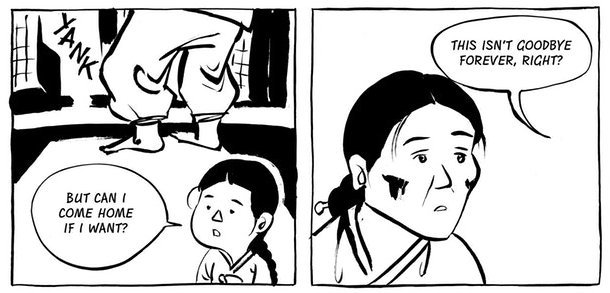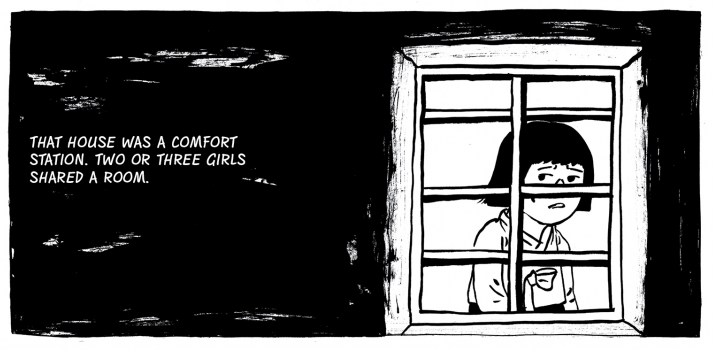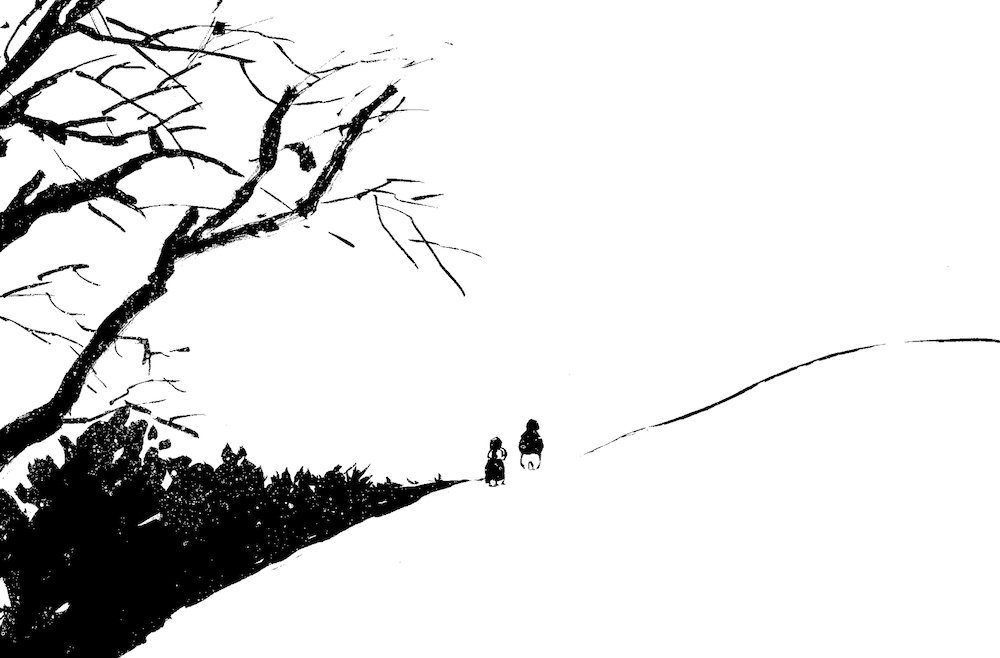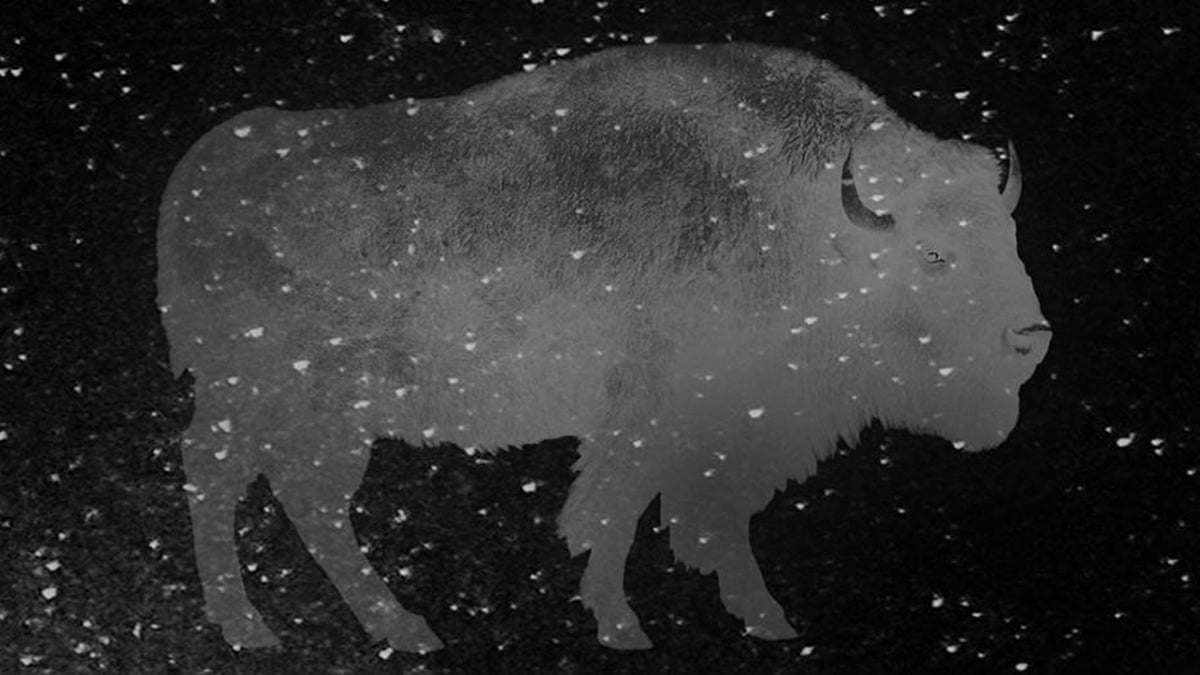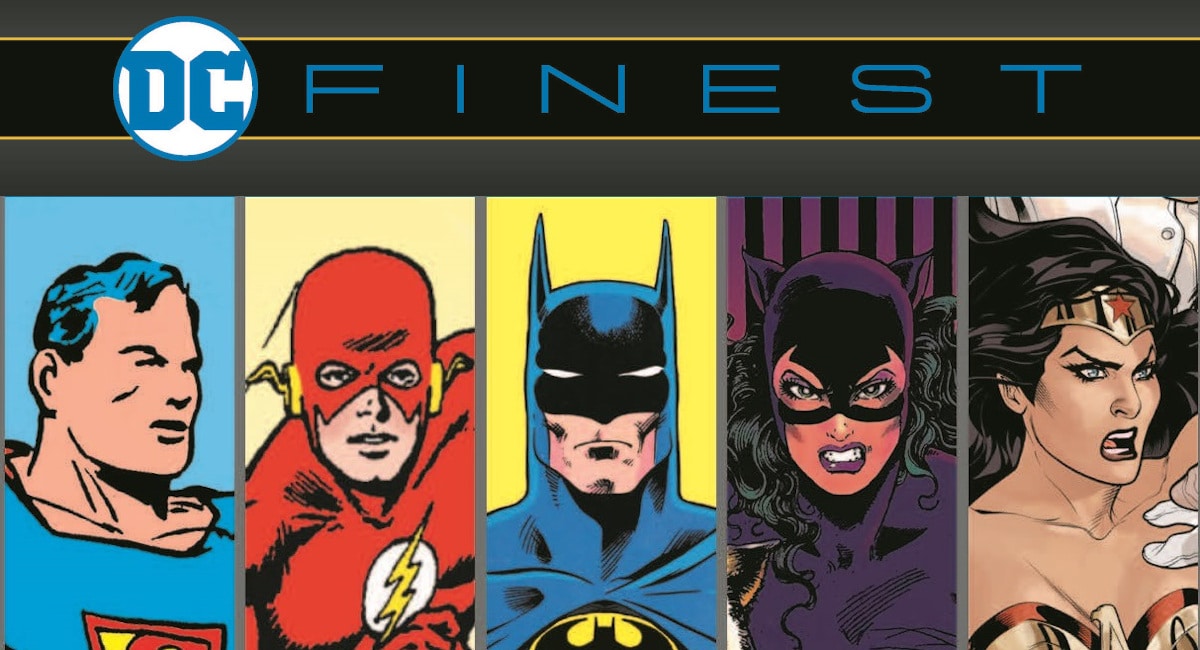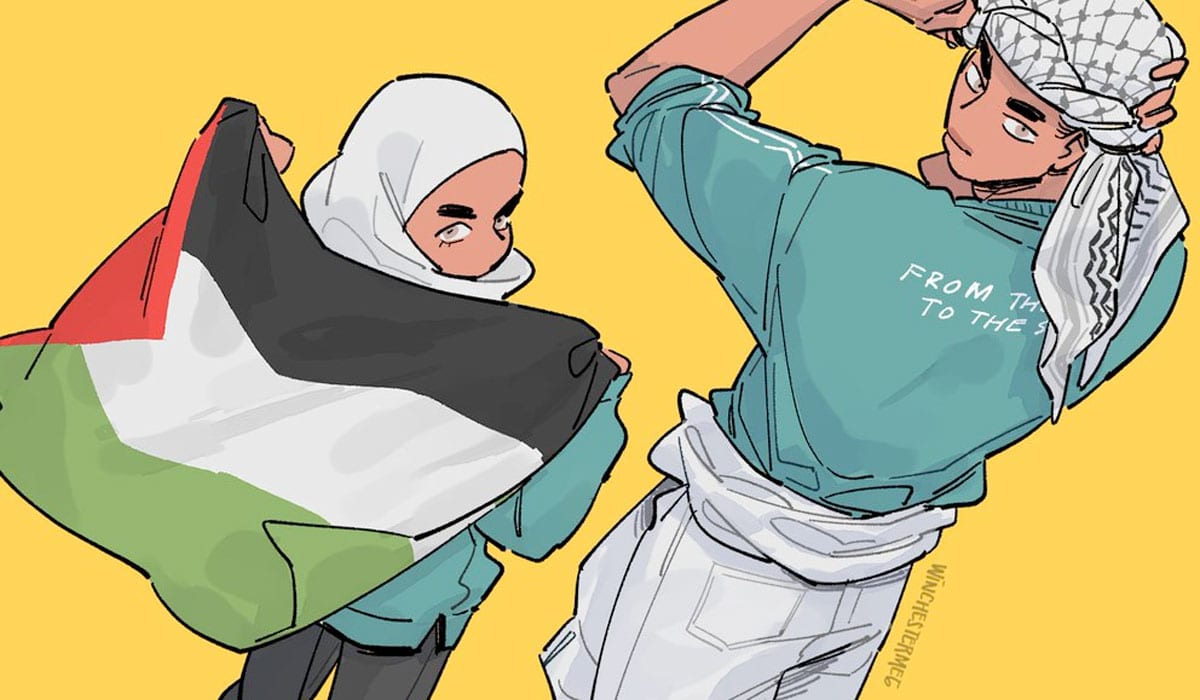 Grass
Grass
Written and Illustrated by Keum Suk Gendry-Kim
Translated from Korean by Janet Hong
Published by Drawn and Quarterly
Content Warning: This review contains sensitive subjects such as rape, paedophelia, and sexual slavery that may be difficult for some readers.
There are parts of history that are acknowledged, but perhaps never properly seen. Whether that’s due to fear of backlash years later or simply the inability to look in the mirror after bringing the bigger picture into the spotlight, it’s undeniable that some stories—regardless of how harrowing—are ones that need to be told. While we know so much about the fights that took place in the Pacific during the early 1900s, little has been openly talked about when it comes to the “comfort women”: girls and women forced into sexual slavery and made to become “comfort women” (a derogatory term used as a euphemism for prostitute in its translation) by the Imperial Japanese Army in occupied territories before and throughout World War II.
Keum Suk Gendry-Kim’s new biographic memoir comic Grass is a difficult, graceful, and humble retelling of Korean former “comfort woman” Granny Lee Ok-sun’s life. Through minimal editorialization and a bolstered sense of humility, Gendry-Kim sheds a deeply personal light on the affects of war during one of the most disputed portions of 20th century Asian history.
Gendry-Kim follows Ok-sun’s narration of her life based on interviews she conducted while visiting her at the House of Sharing in South Korea, a nursing home for surviving comfort women on the grounds of a museum. Ok-sun—depicted as old and wrinkled now—recaptures her childhood to Gendry-Kim, remembering her siblings and parents with a fondness that isn’t hard to place despite the hardships her family faces. Hoping to give her a better life and the education she deserves, Ok-sun’s parents adopt her out—unknowingly sending her down a path that leads to being sold twice into being a child of domestic slavery.
Continuing her work in the hopes that one day she will get the education she had been promised, Ok-sun lives out many years in the poverty of occupied Korea until one day she is kidnapped by Japanese forces and loaded into a freight train compartment with 15 other kidnapped girls.
The train leads her and over a dozen other girls to a dirty outpost next to an airport in China, where two to three shared a room and were brutally raped by the Japanese forces occupying the airport. Gendry-Kim takes special care depicting these pages—a large splash of pitch black ink smattering over the six-paneled page with Ok-sun’s young, terrified face bursting to the forefront. Ok-sun also reveals further horrors that the young women were meant to endure: the contraction of STDs, a lack of sanitary napkins (or permission to stop “working” while menstruating), pregnancy, the careless disregard for protection, and even the promise of being truly loved by some of the soldiers.
After the war ends, there is a very relative sense of peace found in Ok-sun’s words, but the blame is then rightfully placed in the hands of the politicians and those in power to right the atrocities that took place at these camps. While there has been consideration taken to care for the survivors of these atrocities, women such as Ok-sun still plead for justice in their healing all these years later.
While there are so many repeating scenarios of rape and the messy brutality that comes with sexual assault in this graphic novel, they are all handled with a respectfully honest hand and knowing artwork that tries its best to convey the weight and trust behind the story being told.
Throughout Grass, Gendry-Kim makes a point of making a page dedicated to Ok-sun’s current thoughts on what had happened to her, or a portrait on her feelings all these years later. This allows the story further depth with the addition of swift, bold swaths of ink portraying Ok-sun’s weathered face as she tells Gendry-Kim that at the time of her kidnapping, she was only 15 years old.
Though contemporary use of only black ink and brush, Gendry-Kim artfully recreates the pain experienced in Ok-sun’s life while making an effort to express the side of her that still holds true: her compassion and her humor. Rarely is it seen in biographic memoirs the ability to depict a fullness to the person who lived the tale, and Gendry-Kim has clearly taken the time to make this a tale of living instead of solely a tale of survival.
With motion-driven illustration and an uncanny ability to tell the story of someone else’s life with grace, Gendry-Kim has created something beautiful, powerful, and necessary in the world’s path to recognizing that these are things that have happened, and that we should be paying attention and paying respects to now—even if it’s decades after the fact.
For readers ready to stare into some of the more brutally untold parts of history through the eyes of a soul that has lived it, be prepared to be humbled; be prepared to cry; and recognize the importance of being able to witness it, because a graphic novel like Grass deserves so much more than even that.
Grass is available in stores August 27, 2019. For more information, visit Drawn & Quarterly.


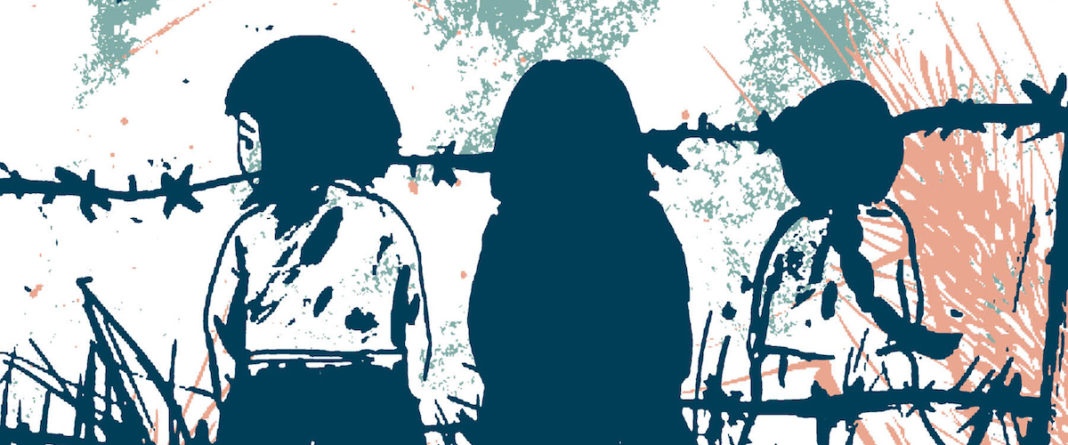
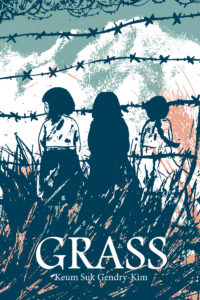 Grass
Grass